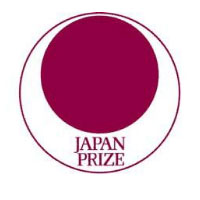European scientists scoop Japanese research prize
Two European scientists have won the prestigious Japan Prize for their groundbreaking work that led to a leap in computer hard disk capacity. The two solid state physicists were jointly honoured by the Science and Technology Foundation of Japan for their discovery of the giant magnetoresistance effect (GMR), which led to the development of gigabyte hard disk drives currently found in devices ranging from laptop computers to portable music players and video cameras. The French professor Albert Fert from the University of Paris South, and German professor Peter Grünberg from the Research Centre for Solid State Physics, each worked separately on the GMR effect, only to realise that they had both made the discovery when they met at a conference in 1988. They win the award for the invention of an innovative device inspired by basic research, and have been invited to Japan in April to receive the €320,000 prize from Emperor Akihito of Japan. 'Their achievements are of inestimable importance and richly deserve their place in the annals of scientific foundation,' the Science and Technology Foundation of Japan said. The foundation's other prize, for scientific contributions to harmonious coexistence, went to the UK's Peter Shaw Ashton, Charles Bullard Professor of Forestry, for his work on the conservation of tropical forests. Likened to Nobel prizes, the annual Japan Prize award recognizes 'significant and revolutionary achievements of originality' in science and technology 'for the peace and prosperity of mankind'. First awarded in 1985, previous winners of the prize include Tim Berners-Lee for his work on inventing and developing the World Wide Web, and Makoto Nagao of Japan, who developed the first machines that translate between Japanese and English.
Countries
Germany, France, Japan, United Kingdom



